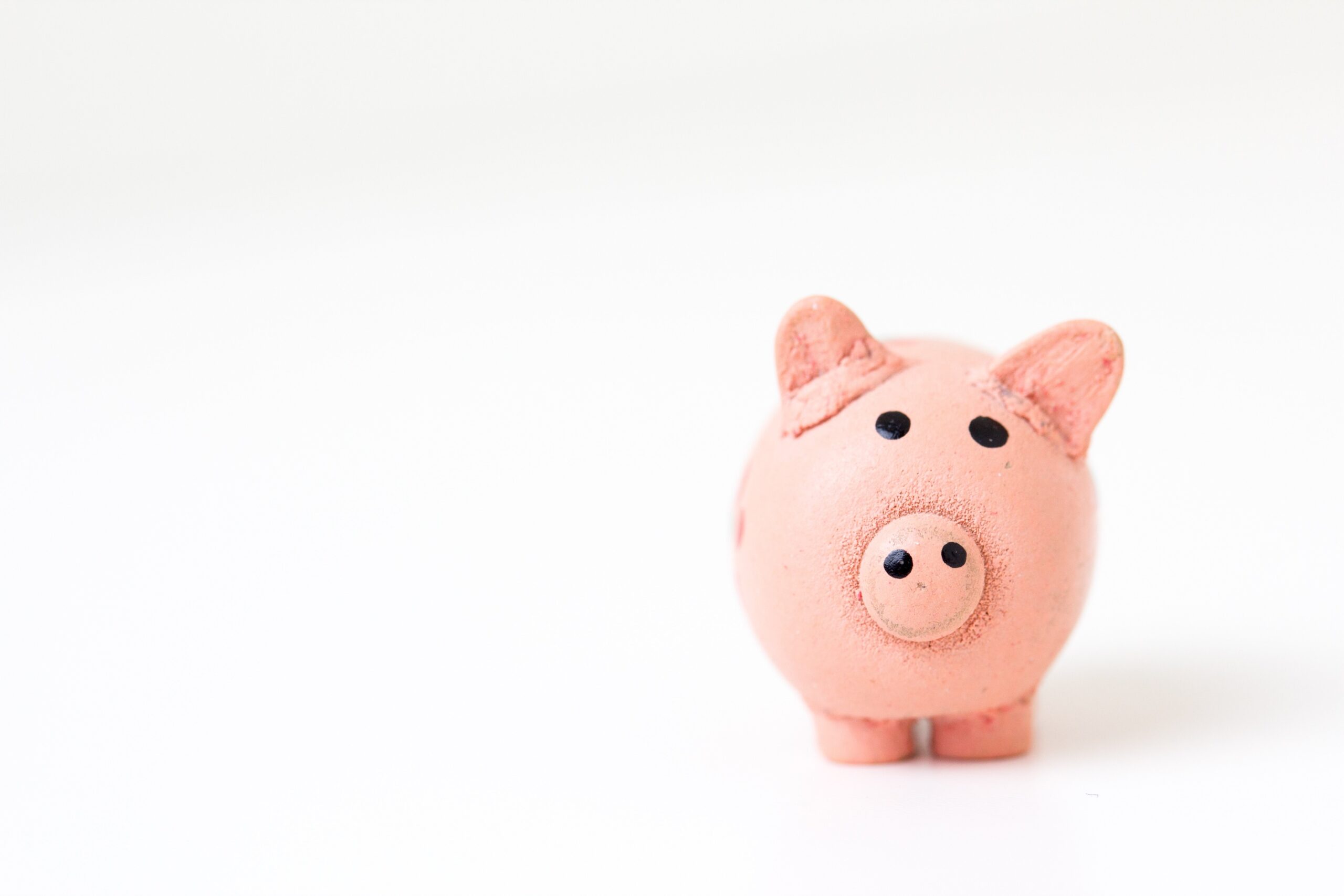How to Save Money in the Summer

Jun 27 | 2023

Photo by Brooklyn Morgan on Unsplash

Jun 27 | 2023

Photo by Brooklyn Morgan on Unsplash

Feb 04 | 2023

Everyone likes saving money—especially homeowners. People who own homes juggle a lot of payments, from utility bills and homeowner’s insurance to mortgages and maintenance costs. At times, these constant expenses can become a bit overwhelming, so a homeowner may want to ease the financial burden of owning a home in any way they can. If

May 02 | 2021

While it’s possible to be frugal with many aspects of your lifestyle, there are certain events and possessions that will require you to spend a substantial amount of money. Thus, a wise course of action is to begin saving well ahead of time while thinking about your goals for the future. This way, you’ll be

Apr 30 | 2021

Many people live together before getting married and have begun the process of combining accounts and sharing responsibilities. However, some people wait to do this only after marriage, and others wait until they’re married to live together. Whichever path you’ve chosen, it’s still crucial to know a few tips to manage money together as newlyweds

Sep 08 | 2020

The National Financial Educators Council (NFEC) surveyed young adults in 2017 and asked them what high school course would benefit their lives the most. The majority responded that money management was the course that would be most beneficial. With personal debt is at its highest record and COVID-19 threatening to have the hardest economic effects


Nov 19 | 2018

Photo by Fabian Blank on Unsplash

Flickr

May 08 | 2018


Jun 16 | 2017
